Workshops: how to attend?
The workshops will take place at the same venue of PGDay.IT 2018 (Hotel Parchi del Garda, Via Brusà 16/17 - Pacengo di Lazise). Registration has to be made through Eventbrite. On the registration page, you have to select the topic of interest. The workshop fee does NOT include: coffee break, lunch, and access to PGDay.IT 2018. Participants has to bring their computer. IMPORTANT: WORKSHOPS WILL BE CONFIRMED AT THE ENTRY OF 3 MEMBERS. IN CASE ONE OR MORE WORKSHOPS WILL NOT BE CONFIRMED, WE WILL REFUND THE FEE RECEIVED.
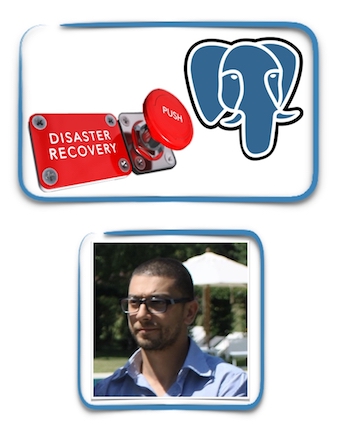
Disaster Recovery with PostgreSQL
Jonathan Battiato
June 28th, 2018 - time 9am
A good disaster recovery plan is a fundamental element for the operational continuity of our services. During the workshop, we will deal with basic business continuity topics and how to implement it with the native PostgreSQL functionalities, through a disaster recovery plan in which the backups and continuous archiving of WAL will be protagonists.
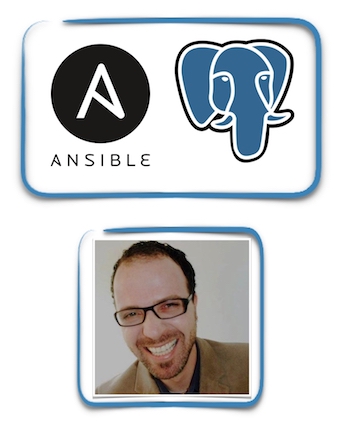
Managing PostgreSQL with Ansible
Rubens Souza
June 28th, 2018 - time 9am
Ansible is a powerful automation tool written in Python. With its modules already built for PostgreSQL, we can easily manage the most advanced open source database, making sure its configuration is exact in every detail and repeatable as many times as it is needed. In this workshop we will understand how Ansible works, see some of its main modules for system/cloud administration, and learn how it can be used to orchestrate PostgreSQL deployments, managing all parts of the process at ease. As an use-case example, we will write a playbook to install a PostgreSQL master and a standby in streaming replication. For a more hands-on experience, the workshop participants should have Vagrant installed on their laptops, which will allow the creation of virtual machines to test the Ansible playbooks.
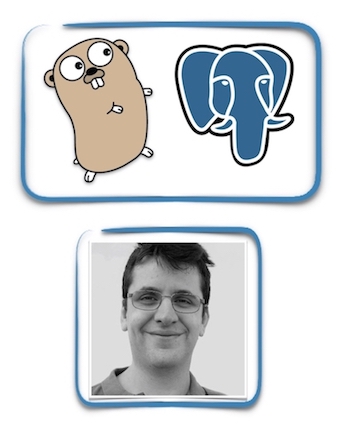
Go and PostgreSQL: in & out
Leonardo Cecchi
June 28th, 2018 - time 9am
In this workshop we will talk about the best features of PostgreSQL and the best features of Go. We will use the "database/sql" package to create a connnection to PostgreSQL and the "lib/pq" package, which implements in Go the PostgreSQL binary protocol. We will talk about the native Go connection pooler, about "pressly/goose" to manage migrations and about "jmoiron/sqlx" to use PostgreSQL more comfortably and why usually we don't need an ORM. At the end of the workshop we will have a simple web server exposing a REST API based on PostgreSQL.
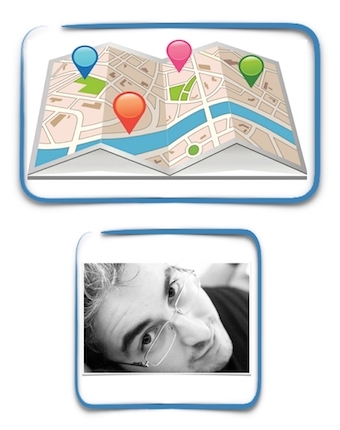
Web Cartography Made Easy
Daniele Simoncini
June 28th, 2018 - time 2pm
Analyzing the real possibilities of the Open Source GIS, during the four hours envisaged we will see how to create a web connector, based on PHP and capable of generating GEOJson flows, for the publication of the cartographic data and an online viewer for consulting and querying spatial data. In the workshop, with real data to the hand provided by the teacher, will be treated not only the technologies and languages but also the protocols and formats of transport of geographic information.
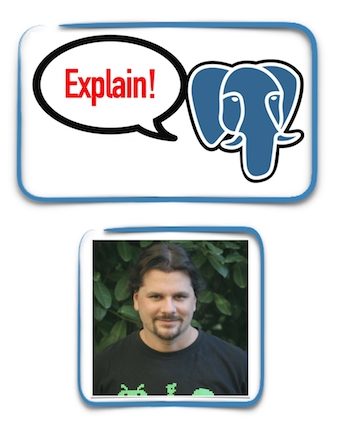
Explaining your EXPLAIN, a beginners guide
Mladen Marinović
June 28th, 2018 - time 2pm
When you first start running your queries it looks like the database is doing some magic and returning your results very fast. After you gain some confidence in writing more complex queries you see that the magic sometimes doesn’t work. Why does the database fail to do its job? To see the reasons why your queries run slowly you can use the EXPLAIN command which devises a detailed query plan of your query. After reading it, you should figure out exactly what is going on with the query, and easily find a way to fix it. In this workshop, we will start with simple queries and joins, and make our way up to subselects, CTE-s and stored procedures. To see all this in action we will use the textual representation of the EXPLAIN and the help of pgAdminIII/4 and other available tools. If time allows it, we can try to fix some problematic queries attendees bring from home 😎
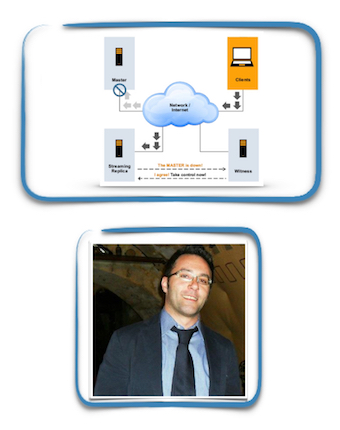
Failover management in PostgreSQL environment
Luca Porro
June 28th, 2018 - time 2 pm
For a company, a fundamental aspect to always keep in mind is the availability of databases that are always online to carry out their analyzes, checks, reports and everything concerning the information aspect on the database. In our Workshop we will configure the Failover management in PostgreSQL environment. We'll see what happens when the primary server breaks and how the Failover procedure occurs on the secondary server. Infine vedremo anche le differenze con una soluzione Enterprise quale EnterpriseDB Failover Manager. Eventually, we’ll also see the differences with an Enterprise solution such as EnterpriseDB Failover Manager.
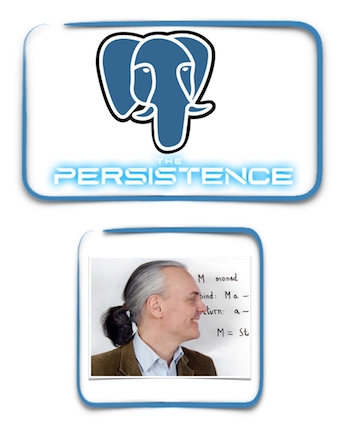
PostgreSQL Persistence
Gianni Ciolli
June 28th, 2018 - time 2 pm
In this workshop, we demonstrate several aspects of data persistence in PostgreSQL, in terms of architecture, database configuration and application behavior.
workshop registration fee
Workshop - Ordinary ticket
35,00 €